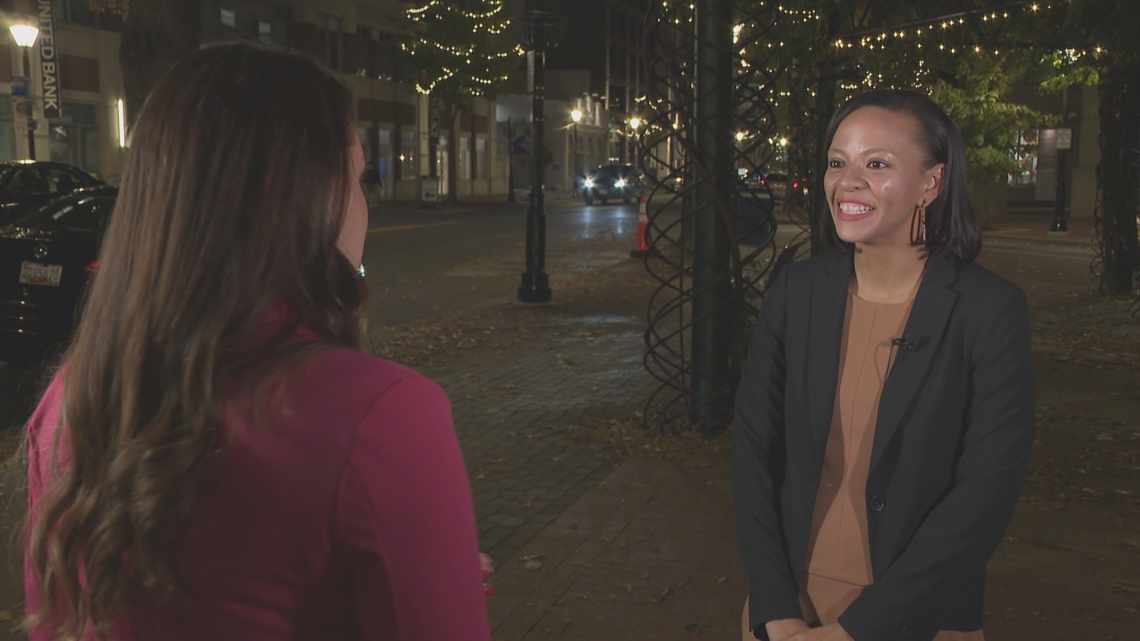North Carolina Republicans had asked the court to leave state legislatures virtually unchecked by their state courts when dealing with federal elections.
WASHINGTON — The Supreme Court on Tuesday ruled that North Carolina’s top court did not overstep its bounds in striking down a congressional districting plan as excessively partisan under state law.
The justices by a 6-3 vote rejected the broadest view of a case that could have transformed elections for Congress and president, declining to invoke for the first time the “independent state legislature” theory.
North Carolina Republicans had asked the court to leave state legislatures virtually unchecked by their state courts when dealing with federal elections.
But Chief Justice John Roberts wrote for the court that “state courts retain the authority to apply state constitutional restraints when legislatures act under the power conferred upon them by the Elections Clause. But federal courts must not abandon their own duty to exercise judicial review.”
The high court did, though, suggest there could be limits on state court efforts to police elections for Congress and president.
Justices Samuel Alito, Clarence Thomas and Neil Gorsuch would have dismissed the case because of the intervening North Carolina court action.
Another redistricting case from Ohio is pending, if the justices want to say more about the issue before next year’s elections.
.png)









 English (US) ·
English (US) ·